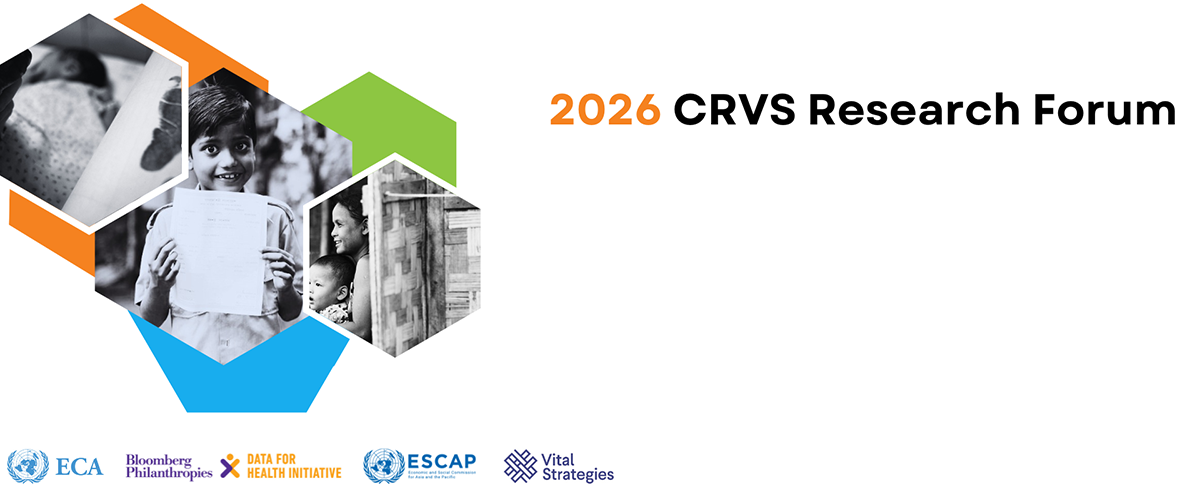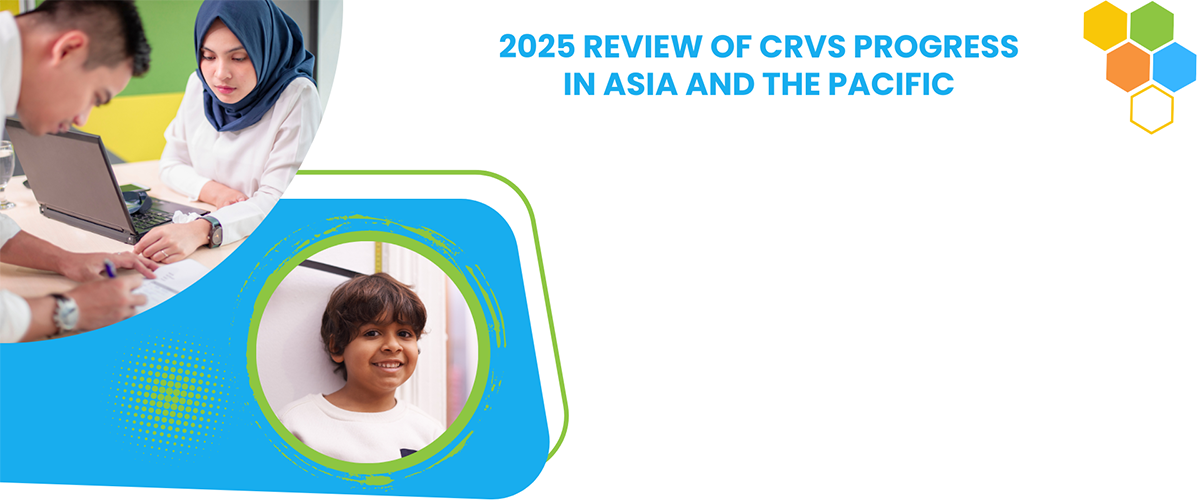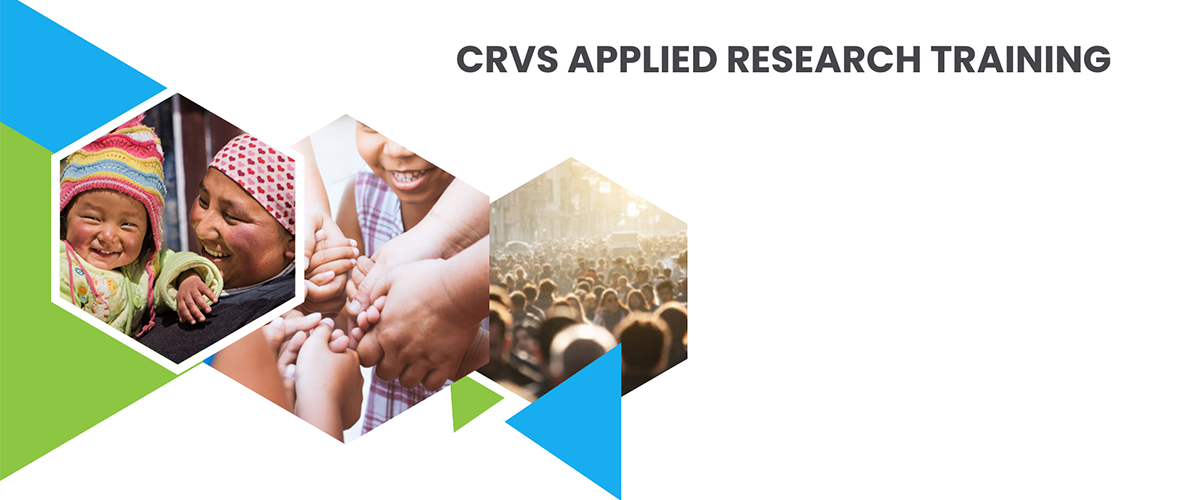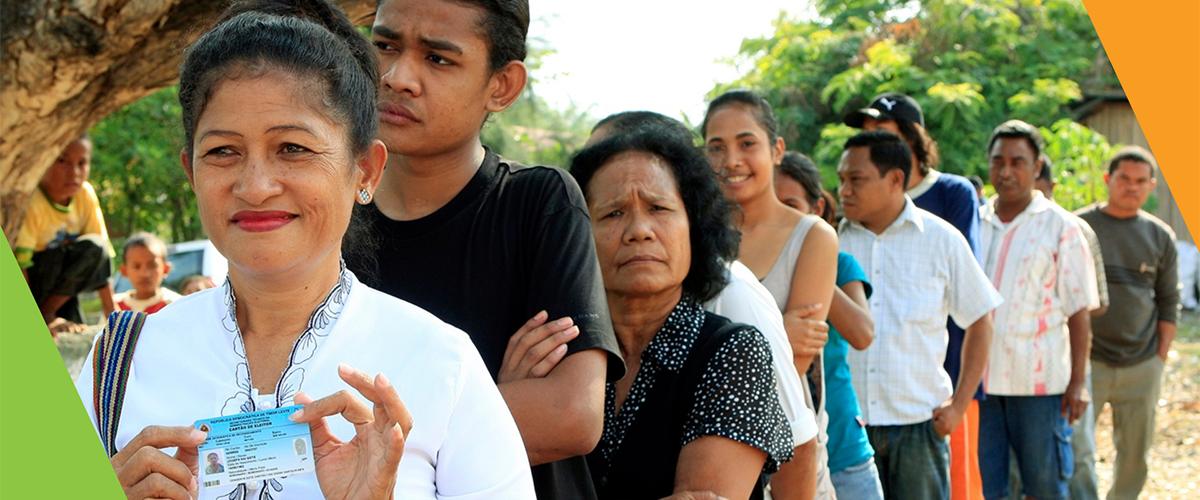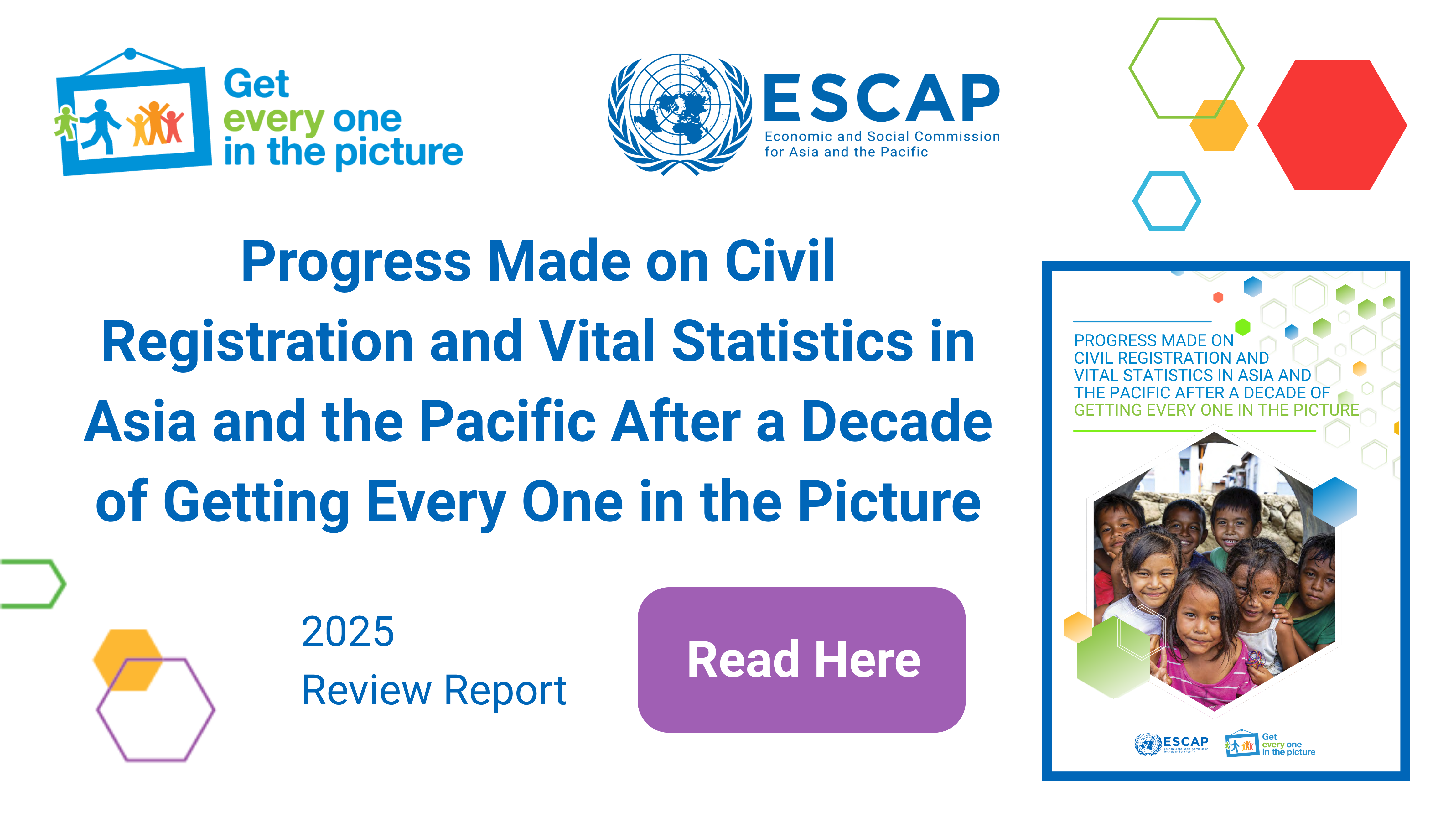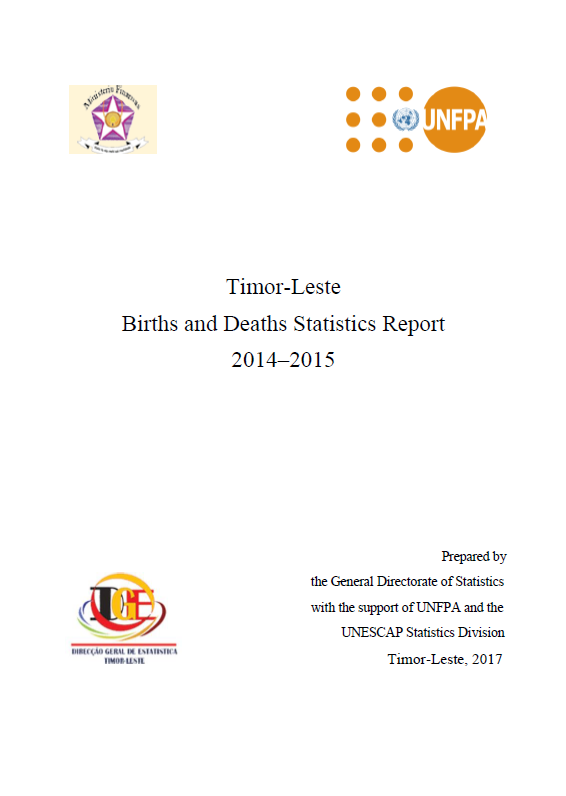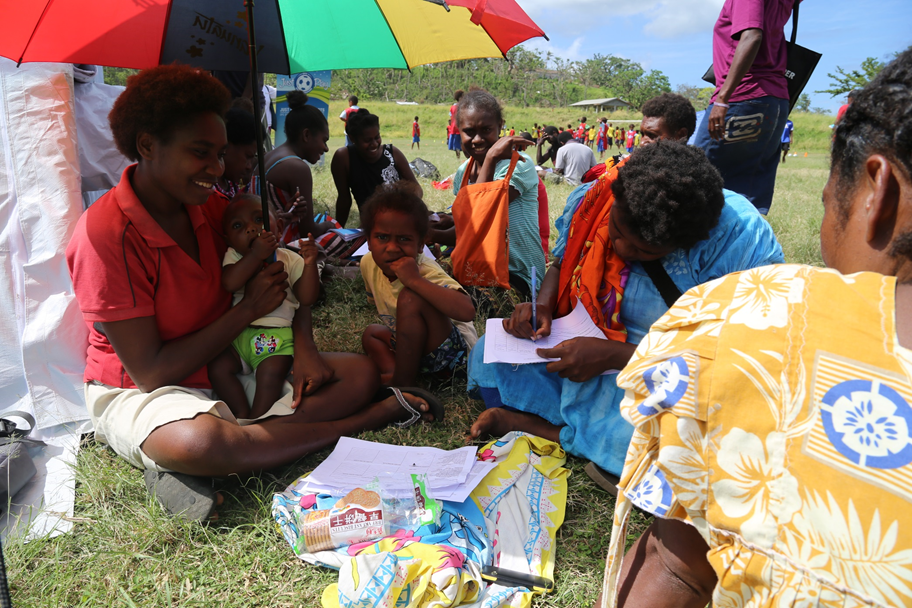Regional workshop on Medical Death certification, Nadi, Fiji 28-30th November 2017
The Brisbane Accord Group (BAG), led by SPC, WHO, the Queensland University of Technology (QUT), the Australian Bureau of Statistics (ABS) and the Fiji National University (FNU) conducted a regional workshop on the medical certification of causes of death on 28th-30th November 2017 in Suva, Fiji. The workshop was attended by 19 participants, including Medical doctors and Health Information Personnel from six Pacific Island countries namely: Cook Islands, Tonga, Fiji, Vanuatu, Tuvalu and Samoa. The workshop aimed at reviewing a set of training materials developed by BAG on medical certification of causes of death which had earlier been trailed through two national workshops held in Samoa and Tuvalu in September and October 2017 respectively.

